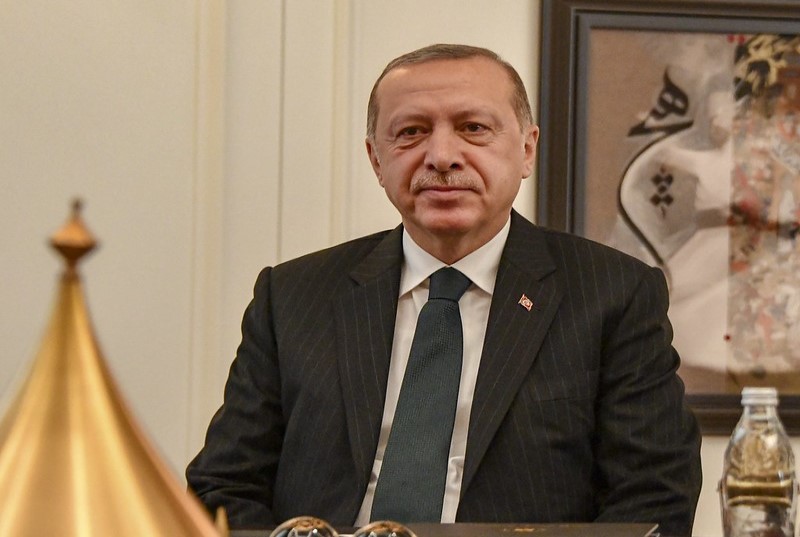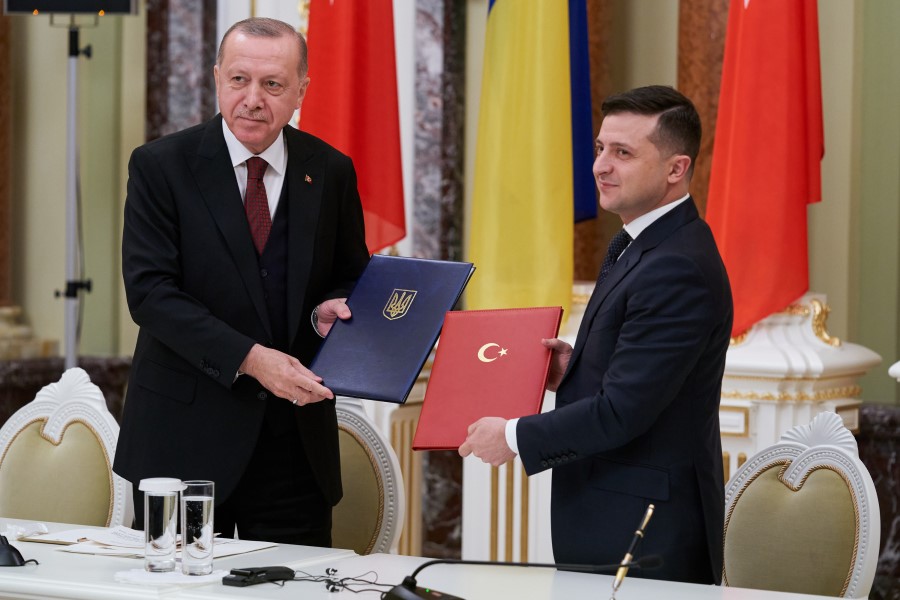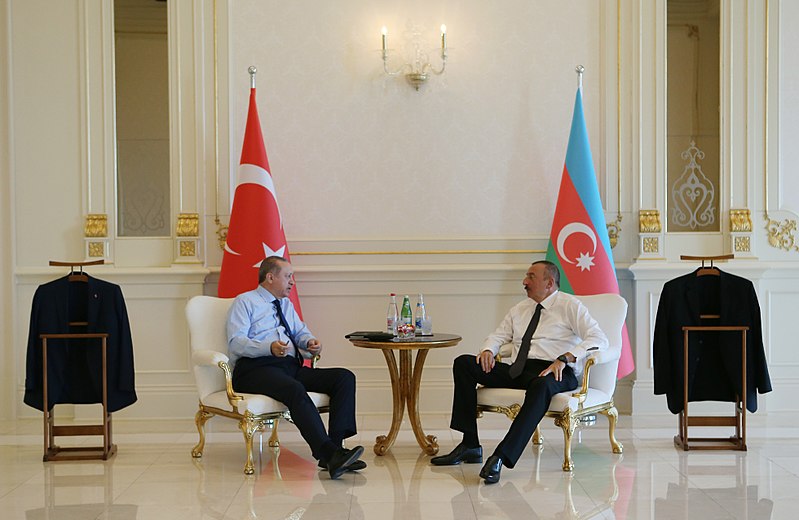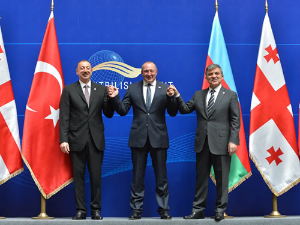Turkey and the Post-Ceasefire Security Design in Nagorno-Karabakh
By Natalia Konarzewska
December 30, 2020
Turkey offered unprecedented military assistance to Azerbaijan in its recent war with Armenia over the break-away Nagorno-Karabakh region. Its extensive military involvement in the conflict has already payed off and it is, furthermore, set to have far-reaching geopolitical implications in the future. The agreement with Russia on the establishment of a joint ceasefire monitoring centre provides Turkey with a military foothold in the south Caucasus. Even though Turkey is relegated to a secondary role in the post-war security arrangements in Nagorno-Karabakh – as Moscow is reluctant to share power in its self-assigned backyard – it has nonethelss gained a direct gateway to the Caspian Sea and Central Asia that may in time prove crucial.

Turkey Seeks to Counter Russia in the Black Sea-Caucasus Region
By Emil Avdaliani
October 5, 2020
Turkey increasingly views Ukraine, Georgia and Azerbaijan as parts of an arc that could help it balance Russia’s growing military presence in the Black Sea and in the South Caucasus. With this objective in mind, Ankara is stepping up its military cooperation not only with Baku, but also with Tbilisi and Kyiv. Turkey is signaling that it intends to play a far more active role in the Black Sea-Caucasus region in order to contain Russia’s influence. This regional strategy has wider implications as it demonstrates that Turkey, contrary to what has become a common perception in the West, is not moving closer toward Russia and that in fact Turkish and the Western geopolitical interests largely converge, with Turkey supporting Georgia’s NATO ambitions.

Turkey’s Commitment to Azerbaijan’s Defense Shows the Limits of Ankara’s Tilt to Moscow
By Turan Suleymanov and Bahruz Babayev
September 25, 2020
Turkey’s active, military and diplomatic involvement in the recent Azerbaijan-Armenia border clashes has sent a strong signal to both Armenia and Russia that Turkey will not remain passive and quietly acquiesce to any attempt to destabilize Azerbaijan. At stake is not only Turkey’s standing in Azerbaijan, arguably its closest international partner, but equally its energy safety and its wider, Central Asian political and economic ambitions. The Turkish intervention in defense of Azerbaijan is an unmistakable political warning that multiple actors will be involved in a possible escalation by Armenia of its conflict with Azerbaijan. In this sense, it serves as a guarantee for long-term stability and security in the south Caucasus. Reasonably, Armenia will have been permanently discouraged from seeking any further confrontation with Azerbaijan.

Trilateral Summit Signals Turkey's Increasing Role in South Caucasus Collective Security
By Micha’el Tanchum (vol. 7, no. 10 of the Turkey Analyst)
The first trilateral summit of the presidents of Turkey, Azerbaijan, and Georgia was held in early May, representing a historic although not widely heralded advance in strategic cooperation. Ostensibly devoted to enhancing the three nations’ economic cooperation, the summit was conducted against the backdrop of the Russia's March 2014 annexation of the Crimea and the ongoing crisis between Russia and Ukraine. The public emphasis placed on the Baku-Tblisi-Kars rail line by Turkish President Abdullah Gül, along with his Azerbaijani and Georgian counterparts, signaled that the three principals acknowledge a mutual strategic imperative for greater security cooperation.




